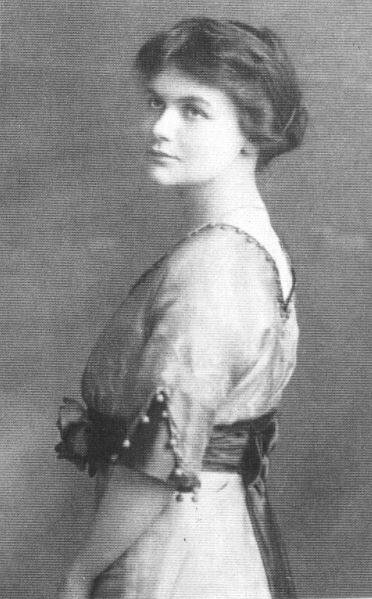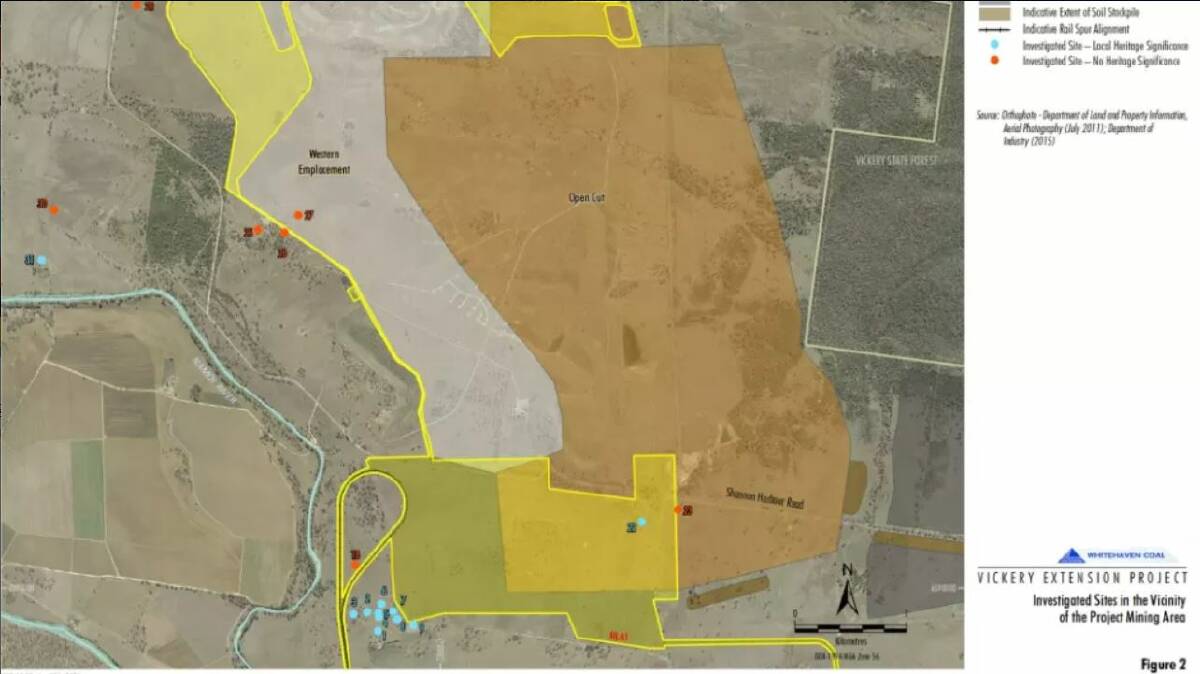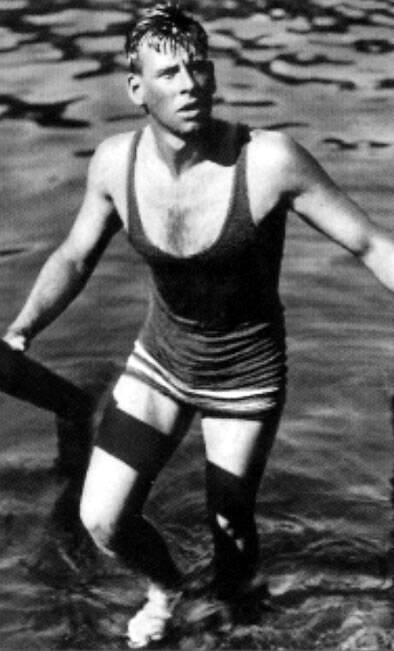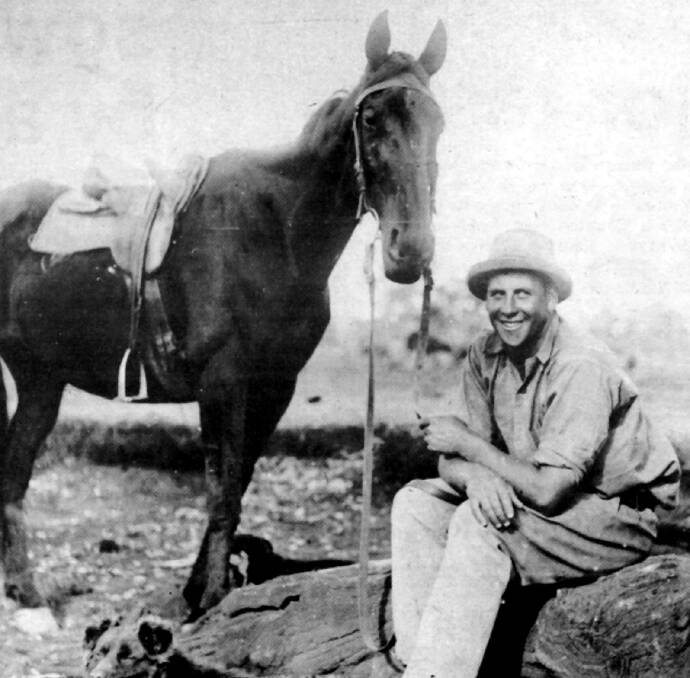Gunnedah residents are being urged to strap on their “battle gear” and fight to preserve a homestead of the late poet Dorothea Mackellar.
Subscribe now for unlimited access.
or signup to continue reading
Bordering the Namoi River, about 25km out of Gunnedah on the Blue Vale Road, Kurrumbede, is the former family residence of the Mackellar family.
The property is said to have inspired the poet’s famous ode My Country, but it is now owned by Whitehaven.
Susan Duncan, owner of Mackellar’s Pittwater residence, Tarrangaua, is calling on Whitehaven to save Kurrumbede in memory of the poet.
“Save [Kurrumbede] and hand it over to the community,” Ms Duncan said.
“The only legacy a mine leaves is a great big scar.”

Ms Duncan said the home could become a “tourist attraction” and would be “a perfect place for fundraisers”.
“My great hope is Kurrumbede will eventually become a cultural centre for Gunnedah and the strength of the community will be unbreakable,” Ms Duncan said.
“It would be nice to see something rise out of the ashes and to inspire in bad times like now in the drought.
“You need a place people can find strength in difficult times.”
Dorothea Mackellar Memorial Society vice-president Juliana McArthur said it was important to work with Whitehaven to preserve the homestead.
“For me, this is an opportunity for Whitehaven to leave a legacy,” Ms McArthur said.
“We need to work collaboratively with Whitehaven to restore the homestead and grounds.
“We need to preserve it. It’s iconic. It’s a national treasure.”
My great hope is Kurrumbede will eventually become a cultural centre for Gunnedah.
- Susan Duncan, owner of Dorothea Mackellar's Pittwater home
The NVI asked Whitehaven if returning the property to public ownership was something the company would consider.
In a statement, a spokesperson said Whitehaven knew Kurrumbede was “valued by the community”.
“Its preservation and future use is something we will continue to discuss with the Society and other relevant stakeholders,” a Whitehaven spokesperson said.
Whitehaven’s Environmental Impact Assessment states the homestead would be within 300m of an elevated railway spur servicing the coal mine, 500m from a new access road.

The open-cut mine would be 1.2km away and the nearest “visible project infrastructure” including a train loadout facility and conveyor belt would be 800m away.
From outbuildings, the railway line would come within 100m.
Mackellar’s works, particularly the second stanza of My Country – “I love a sunburnt country” – are widely know across the nation.
Well-educated and travelled both in Australia and overseas, Dorothea often visited Kurrumbede and The Rampadells, which was on the opposite side of the river.
Many of her works, such as Dawn, published in 1911, were inspired by the local landscape.
Dorothea’s brother, Malcolm, managed Kurrumbede, which was purchased at the great Burburgate Station auction in October 1905 when 47,000 acres of freehold land was sold in 58 blocks.
The Mackellars bought four blocks, which totalled 6086 acres at an average cost of three pounds an acre.

Olympic swimmer Andrew (Boy) Charlton was working as a jackaroo on the property in the lead-up to the 1924 and 1928 Olympics, living in a shack and often training in the Namoi River.
When he arrived on Kurrumbede, Charlton couldn’t even ride a horse but he quickly settled into life on the land and was said to be extremely popular with the other employees on the station.

Malcolm sold Kurrumbede to Arthur Sulman in 1939 because there were no direct Mackellar descendents and the family moved to a home in the mountains west of Windsor.
Dorothea split her time between her Pittwater residence Tarrangaua, and Cintra, a house in Darling Point.

